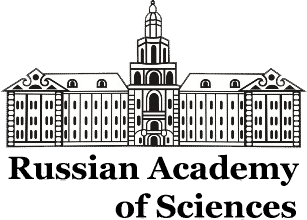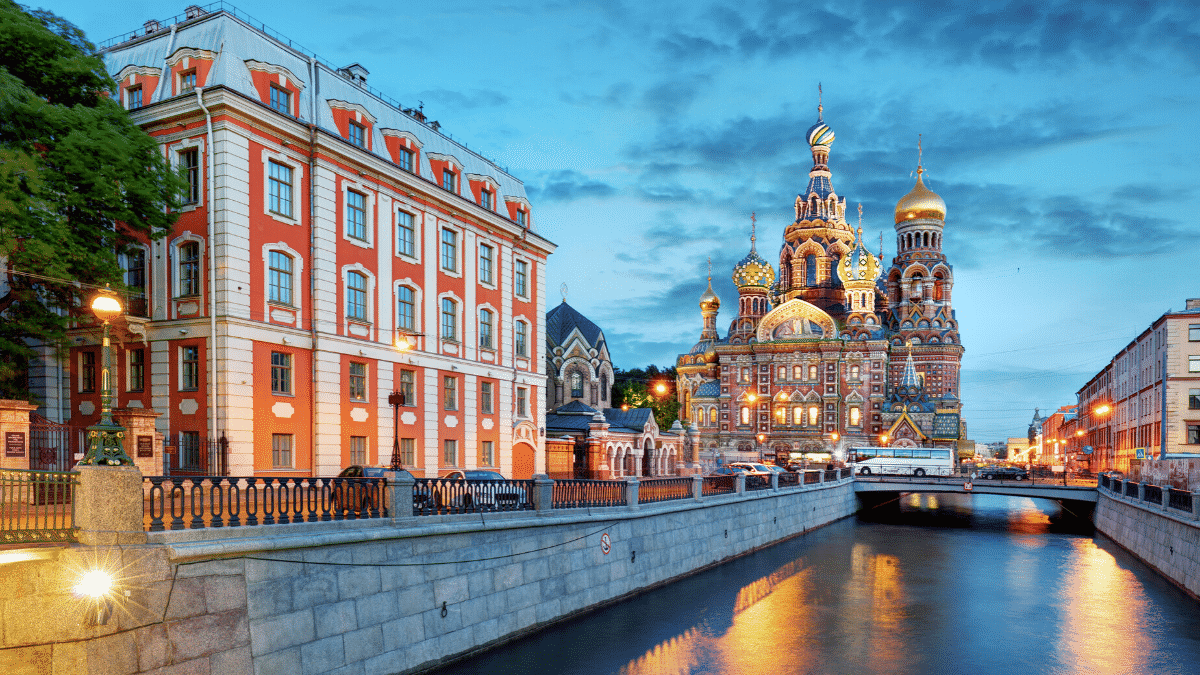The Plagiarism Epidemic in Russia
When 800+ retractions is just the beginning...

A recent article in Science Magazine highlighted a mass-retraction campaign that has seen 869 suspicious articles pulled from 263 journals.
The effort was spearheaded by a committee appointed by the Russian Academy of Sciences (RAS) last year. The committee, using software, searched through hundreds of Russian-language journals to seek out a variety of authorship and integrity issues including research duplication, obscure authorship and more traditional plagiarism.
However, the coverage of the report actually undersells the findings significantly. Though 869 articles were retracted, the committee actually recommended that some 2,528 papers be retracted. They’ve contacted all 541 of the journals involved and only 390 have even responded and those who did respond did not agree to retract the papers.
In fact, eight journals outright refused to work with the committee, resulting in the committee recommendation that five of them be removed from the Russian Science Citation Index.
But even those numbers pale in comparison to the work of Dissernet, a private network that targets plagiarism in Russian academia. They have found more than 4,000 cases of plagiarism an questionable authorship in about 1,500 journals.
It’s very clear that Russia does have an authorship and plagiarism problem, but understanding why it is happening is almost as difficult as figuring out what to do about it.
Understanding Why It’s Happening

When examining the issue, many point to a 2012 decree by President Vladimir Putin that university professors needed to be paid more but also to publish more academic papers. The move was aimed at raising Russia’s standing in the global academic community but, in many ways, it backfired badly.
The biggest problem was that it created a set of perverse incentives that rewarded professors and schools for publishing more research, not necessarily better research. With many universities linking professors’ pay to their academic output, the focus was clearly placed on the quantity of research.
To achieve that volume, an entire black market was erected. This included both low-quality journals that would accept questionable papers and even included sites that sell authorship slots on papers written by others that have already been accepted by journals.
Of course, there are other authorship issues too including article duplication, where one article is published in multiple journals, and more “traditional” plagiarism.
But, while the 2012 decree certainly didn’t help, it isn’t the only force. If anything, the issue goes all the way back to the fall of the Soviet Union as people saw degrees as a means to either maintain or obtain political/financial power. According to one study, between 20 and 30 percent of all dissertations since then were purchased on the black market.
Russia has a lengthy history with fake Ph.Ds and its reputation as an academic haven for plagiarism hasn’t been helped by its own government.
For one, the country’s President, Vladimir Putin, was accused of plagiarizing his dissertation. In 2006, researchers at the Brookings Institution examined his dissertation, defended in 1996, and found 16 pages were copied from an economics textbook first published in 1978.
Though the story ultimately had little impact on Putin’s career, it was one of the first times these issues with Russia’s academic culture were put in the spotlight.
In 2014 the head of the Ministry of Education and Science, Dimitry Livanov, actively criticized Dissernet and others working to spot plagiarism in Russian academic writing (link is in Russian, read through automatic translation) According to Ivanov, Dissernet’s work isn’t valid because they are not experts in the specific fields they are examining, even if the textual clues of the plagiarism are abundantly clear and the fact they only check the work of scientists.
Though Livanov did recognize the challenges Russia has faced since the 90s, he referred to the plagiarism in dissertations as a symptom, not the problem. He went on to say that the plagiarism stories were harming the country’s academic reputation, saying that, “People not versed in the topic will get the idea that all academics are cheats and liars.”
To that end, he is certainly right, the repeated stories about Russian academic integrity issues have harmed the country’s reputation. The big question is: What can be done about it?
What to Do From here
Though the history of the issue is well-documented, if still very complex, the bigger problem is what to do next.
The real victims in this story are the researchers and students that are doing good work in the country. Those who seek to earn their degrees properly or perform actual research not only have to deal with unfair competition from those that take shortcuts, but also the country’s reputation on the international stage.
There are multiple challenges to consider:
- Who Would Fix It: The same people that would be tasked with cleaning up the problem are the same ones that benefited from the questionable Ph.D. and from the system at hand. With the problem this long in the tooth, it’s almost certain those with at least some with the power to change it know doing so would harm them.
- Too Widespread: It’s possible that the problem is widespread enough that strong retroactive action may not be possible. While the full scope of the issue is unknown, the numbers we do have indicate that it is likely widespread enough that it’s impossible to revoke all of the degrees or even retract all of the papers.
- Too Little Motivation: Though many Russian academics are very outspoken about this topic, the government seems to have little motivation to take the kind of top-down action that would be necessary to produce quick results.
Ultimately, the best hope for real long-term change may be to put the safeguards into place now to prevent future bad papers and fraudulent Ph.Ds. What these changes would look like depends but would include tighter controls on journals and universities to ensure that submitted work is adequately vetted and that there is a process for handling issues that come up later.
Best of all, these changes don’t have to come from the government but can come from the universities and journals themselves. By establishing standards and oversight organizations to maintain them, they can address the issue from today into the future.
The key is to craft good standards and give them real consequences. Right now, such standards may exist, but little seems to happen when they are violated.
Whether or not that happens, however, remains to be seen.
Bottom Line
In the end, there’s likely not much that can be done about the past 30 years of Russian academic history. Though the vast majority of the work done by students and researchers in the country is legitimate, plagiarism and authorship issues have cast a cloud on it.
However, there’s no reason the cloud has to last forever. Other countries, such as India, have made great (if unusual) strides in battling plagiarism and they’ve gone a long way to improving their country’s reputation in this area.
Taking strong steps today on works moving forward may not fix three decades of relative neglect, but it can start to turn things around for today’s students and tomorrow’s researchers.
After all, academia is about learning from the past to move forward. Russia has an excellent opportunity to do just that.
Want to Reuse or Republish this Content?
If you want to feature this article in your site, classroom or elsewhere, just let us know! We usually grant permission within 24 hours.
